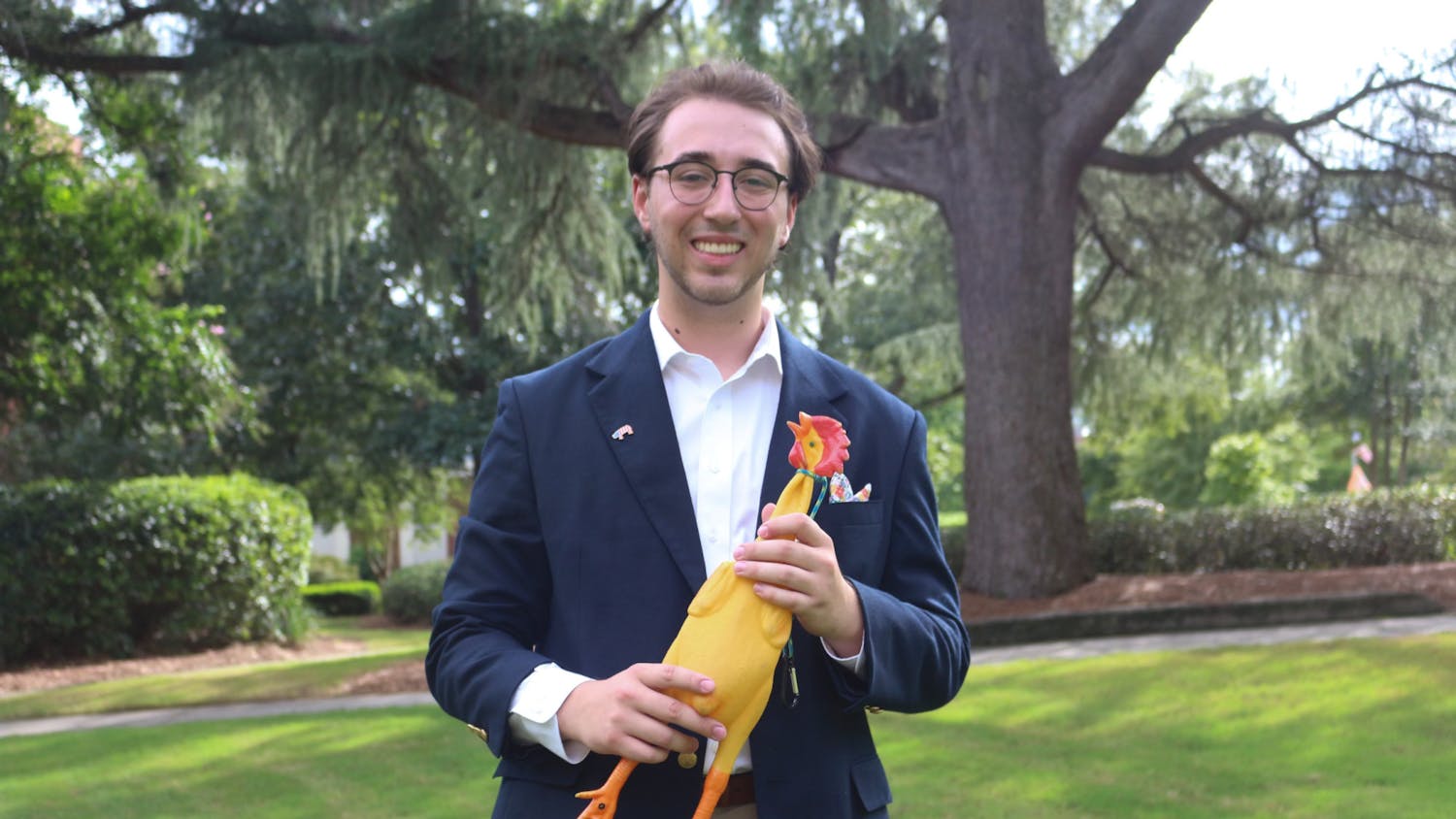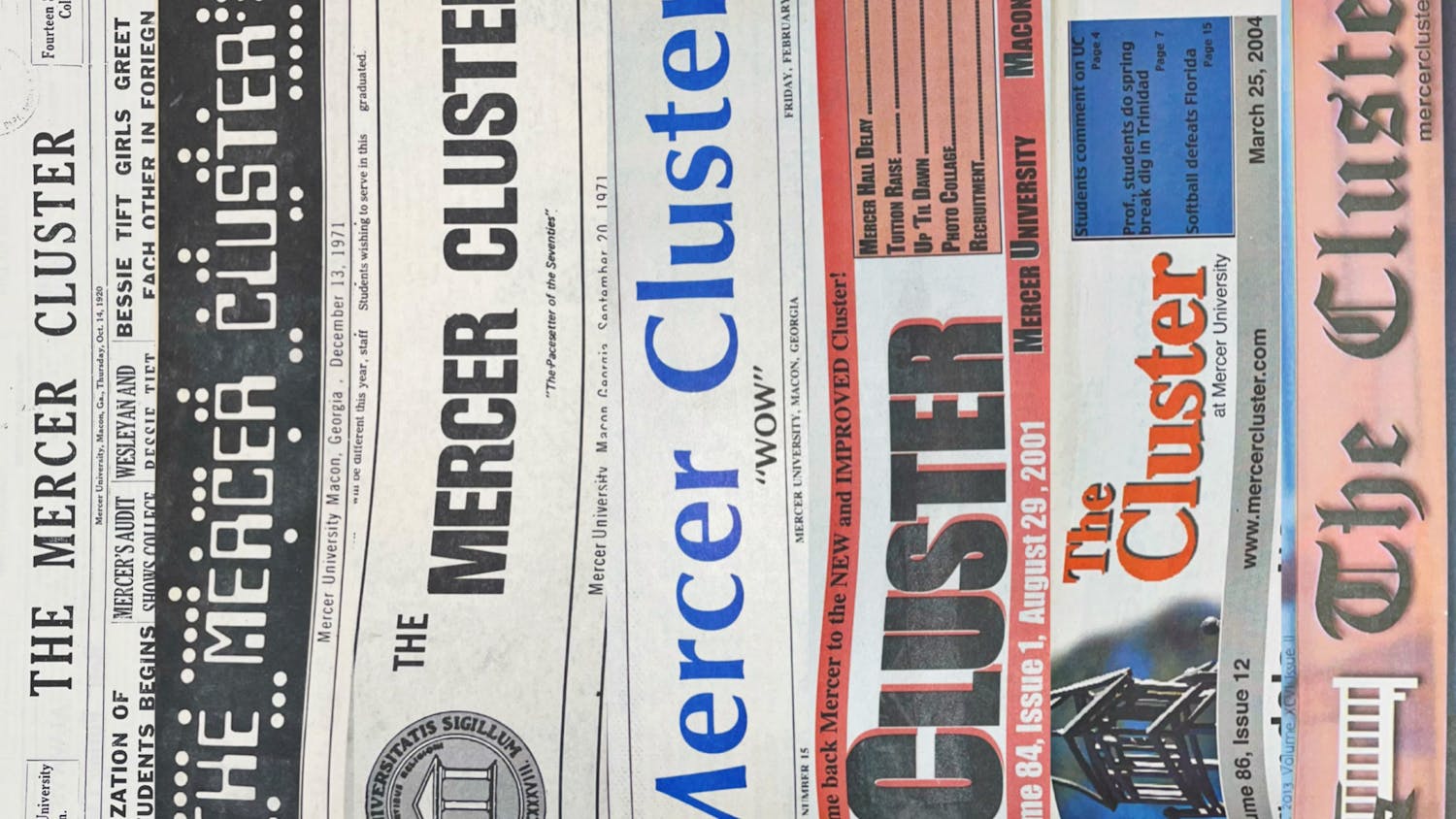Shortly before the entry of United States into the First World War, President Woodrow Wilson addressed the nation and spoke of a peace without victory, the titular phrase of the speech. In his speech, he said, “only peace with equals may last”; the alternative is a peace through submission, and such “peace would rest, not permanently, but only as upon quicksand.” The most well-known quote of the speech is integral to my understanding of global responsibility. President Wilson said, “Is the present war a struggle for a just and secure peace, or only for a new balance of power? … There must be, not a balance of power, but a community of power; not organized rivalries, but an organized common peace.” This is certainly not the genesis of theories about global peace through integration, but the circumstance of the speech enlightens us to the actual consequence of a failure to achieve that community.
Despite efforts to avert it, the war for Europe did become a global war. Later, because we failed to successfully integrate Germany into global community on an equal footing with similar powers, the world would again explode into the chaos of global war in the 1940s. President Wilson’s words rang true and have proven true time and time again. There can be no lasting peace unless you are willing to bring your enemies and those excluded from the global order by circumstance into the fold. I agree with this aspect of the theory, but I somewhat diverge with President Wilson on the way in which we breach this peace. I believe that, regardless of how powerful a state is, it cannot solely bring another country into the global community. That has to be achieved by interaction of societies. States balance powers, but societies build communities. The people build communities.
Right now, I’m spending a year in Thailand teaching English. I don’t mean to self-aggrandize; I’m well aware that my novice teaching skills aren’t preventing another World War. Nonetheless, small actions can have huge impacts. Thailand is in the process of integrating into ASEAN, a Southeast Asian multilateral commission that could one day resemble the model of the European Union. To compensate for the vast range of languages spoken in South East Asia, English will be the official language of conducting ASEAN affairs. This puts Thailand at a disadvantage with its neighbors. Thailand is the only Southeast Asian nation to never be colonized, so English is far less prevalent here. Building an English literate society has become a top priority to secure the geopolitical and economic status of Thailand among its neighbors. The regions security depends on Thailand becoming a part of this community, not just a counterweight to its ascent. Native English speakers from the all nations are welcomed to teach grammar, to refine pronunciation and to get Thais accustomed to a global world. Thailand’s forward progress isn’t about making them more Western, just more modern. Opening up to a global community is integral to this process. Thailand’s story is just one example of how global responsibility has shifted to the realm of the individual.
Other examples abound. Terrorism often presents itself as the last option for those who have no recourse by which to respond to their situation. Consequently, the integration of isolated societies into the global community means a lessening in the likelihood that such horrendous acts seem like viable solutions. That integration is much more effectively achieved by moving the society forward than by imposing force on the government. Are you threatened by the actions of Hamas? Present Palestinians with a viable alternative. Buying Palestinian olive oil will do more to quell the region than any occupation ever will. Even in somewhere as mysterious to Americans as Iran, a youthful society drags its leaders towards integrating with the world (albeit in small steps). In India and Northern Africa, micro-loans seek to revolutionize the way that economic mobility is ordered in states. This process depends on the actions of the global community. The world in which we live is growing increasingly small. With this new sized world, we will see that global responsibility will be more about the role of the supra-society rather the supra-state. Global responsibility is about individuals building global communities.

Building Communities





